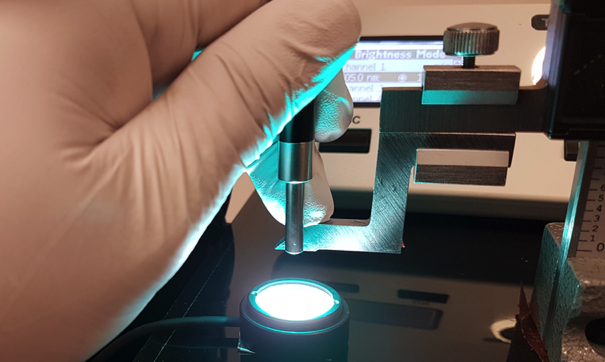
FDA Issues Alert About Vulnerability in Apache Software
The agency is encouraging medical device manufacturers to evaluate their risk and take action to remediate any vulnerability.

The agency is encouraging medical device manufacturers to evaluate their risk and take action to remediate any vulnerability.

Enter Killware. As cyberattacks continue to increase in healthcare, medtech companies need to make sure their essential software is up to date. This Q&A with Brian Wrozek of Optiv Security takes a look at how medtech companies and healthcare organizations can address this threat.

The more healthcare professionals know about the benefits of digital health, the more they can leverage it to improve their patients’ experiences and remain resilient in an increasingly competitive space.
Part of the research will look at the strength of the supply chain, including its effectiveness in distributing ventilators.

The shift towards more home-based and distance-care may further change in a post-COVID environment.

Reusable medical devices have many notable advantages. However, they’re not appropriate in all cases. This article discusses some factors designers should consider to make their products as profitable and useful as possible.

EU regulations require manufacturers of medical devices and systems prove the single-fault safety of their products. However, it is not clearly defined in detail how to comply with these requirements. This article explains which technical and legal requirements apply and which aspects should be considered during development.

Quarterly recall events increased for the first time since Q2 2020.

This article discusses simple optical designs and common imaging techniques used in microfluidic enabled platforms. It will also suggest key elements to consider when deciding which optical set-up to employ for a given microfluidic application.

Healthcare systems around the world are under increasing pressure to treat a rapidly growing, aging population. This was worsened by the COVID-19 pandemic, which left medical professionals needing to treat more people with less time and limited resources. This article explores why medtech is uniquely placed to ease the pressures on healthcare systems by offering faster and more cost-effective care while improving patient outcomes.